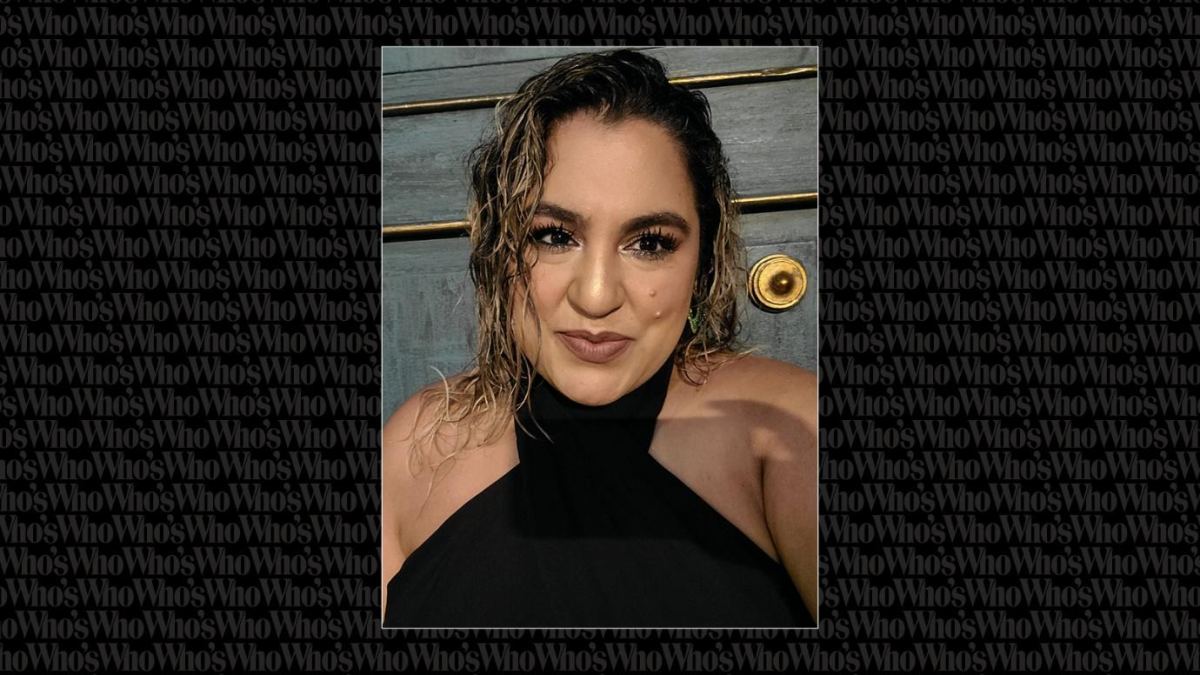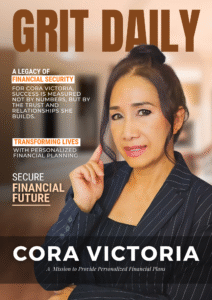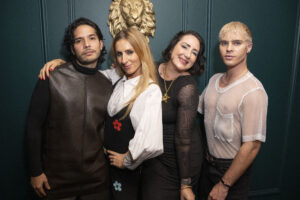At the intersection of philanthropy and storytelling, Yuby Hernandez brings strategic leadership and cultural depth to her dual roles in nonprofit fundraising and independent filmmaking. Hernandez, a Dominican American, is the founder and executive producer at Diosa Films LLC and the associate director of institutional giving at The New York Foundling.
Expertise, Fundraising, and Strategic Growth
The New York Foundling is a child welfare organization in New York City. Initially founded in 1869, the nonprofit group provides services to children and their families and is one of the city’s oldest and largest welfare agencies.
Hernandez brings her expertise in institutional giving, fundraising, and nonprofit management to the organization. In her role, she manages a $4 million portfolio, leads a team of grant writers, submits grant applications, and builds vital relationships to support the organization’s strategic growth.
Building relationships is an integral part of both of Hernandez’s career endeavors. Just as she engages with people who can help The New York Foundling advance its mission, she brings those same interpersonal skills to the forefront in her filmmaking endeavors.
“It’s all about relationships. You can be incredibly talented and you can have a phenomenal story. But if you are not building those relationships, if you are not being bold and making sure that you are seen and that you have people supporting you, you’re not going to get very far. Build those relationships. Don’t be shy. Go to events and network. Make sure that you are respectful but intentional. I received my first associate director credit for the Sundance Award-winning film ‘Aftershock‘ through relationships,” Hernandez says.
Immigration, Traditional Food, and Filmmaking
Hernandez’s latest film, in pre-production and her first feature as a director, is titled “Casabe as Inheritance.” Casabe is a traditional flatbread that has been made for centuries by Indigenous people and has been declared a UNESCO World Heritage food. Hernandez’s grandmother raised 15 children by selling casabe.
“Part of my lived experience was knowing the culture of the Dominican countryside. Talking about my personal thoughts through the lens of casabe, I want to share my thoughts about casabe as an industrialized food,” Hernandez explains.
Hernandez also draws parallels between the search for a better life by Dominicans who move to the United States and the Haitians who move to the Dominican Republic in pursuit of the same goal — many of these immigrants come to work in the casabe factories themselves.
“Casabe as Inheritance” deeply explores the impact of this staple food item, its survival, its industrialization, and its enduring influence on Dominican gastronomy. Through this lens, Hernandez addresses immigration and what it means to empower oneself through a craft, whether that be casabe or filmmaking, to improve the lives of one’s family.
Focused on a Filmmaking Future
Hernandez has ambitious goals to make a significant impact on the film industry. She recently founded Diosa Films, a creative production and consultancy firm. She also joined the board of the Inwood Film Festival, and executive produced the film “Nuesta Island” (“Our Island”), a Dominican documentary by Fénix Legendario Studios that highlights the impact of littering on the environment and the extraordinary individuals striving to make a difference. The film is currently being featured at various festivals and is looking for international distribution. Additionally, Hernandez is executive producing the film “Boru, Yaku, Pelota,” which explores the unique cultural connection between the Dominican Republic and Japan through historical colonies in Costanza and Aikawa. The film focuses on Dominican baseball players who have found a home in Japan’s baseball league.
As Hernandez works to establish Diosa Films, she will continue to support herself through her current role at The New York Foundling. Her long-term ambitions include releasing multiple films at film festivals and securing distribution deals with platforms like Apple+ and Hulu.
“As a Dominican American filmmaker, seeing the impact and diversity of films that Apple TV+ has allowed and provided support for emerging filmmakers has been really inspiring. I think that the work they are doing is phenomenal and it is imperative to continue to support emerging voices,” Hernandez says.
For her accomplishments, Hernandez was recognized as a Marquis Who’s Who Top Executive in 2025.








